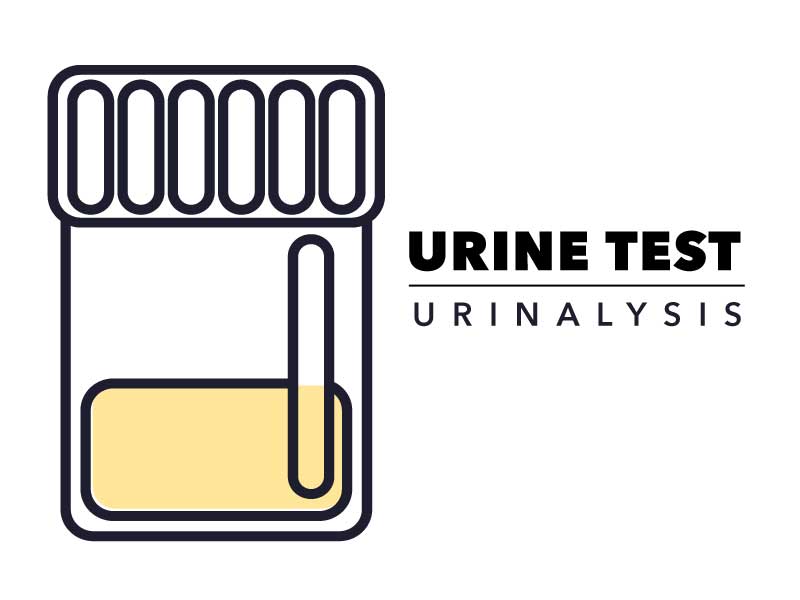A urine test is a routine test used by your healthcare provider as part of your prenatal care to measure protein, sugar. Although urine tests are used in screening for pregnancy, this article is discussing urine tests as part of your routine prenatal care.
Why is a urine analysis important during pregnancy?
A urine test is used to assess bladder or kidney infections, diabetes, dehydration, and Preeclampsia by screening for high levels of sugars, proteins, ketones, and bacteria. High levels of sugars may suggest Gestational Diabetes, which may develop around the 20th week of pregnancy.
Higher levels of protein may suggest a possible urinary tract infection or kidney disease. Preeclampsia may be a concern if higher levels of protein are found later in pregnancy, combined with high blood pressure.
Sugar: Sugar in your urine does not mean you are diabetic. It is normal for your kidneys to leak sugar from your bloodstream into your urine. This is particularly expected if you eat a large meal or drink a really sweet beverage.
You should be tested for gestational diabetes if:
- Consistent levels of sugar (glucose) are detected and/or
- You feel tired or lethargic
- You are consistently thirsty
- You are losing weight
If protein is found in your urine late in pregnancy this may be a sign of preeclampsia.
Your healthcare provider will examine you for preeclampsia if:
- Consistent levels of sugar (glucose) are detected
- You have high blood pressure
- You have swelling in your face and hands
High levels of ketones indicate you are not getting enough to eat or that you may be dehydrated.
Your healthcare provider may retrieve a second urine sample collected through a catheter before determining the type of antibiotics needed.
How is a urine test performed?
Your healthcare provider will ask you to collect a small sample of clean, midstream urine in a sterile plastic cup. Chemically prepared testing strips are dipped into your sample of urine to screen for certain indicators. A more in-depth analysis may be done by having your urine sample assessed by a laboratory.
When are urine tests performed?
A urine test should be expected during your first prenatal exam and then at least periodically in future prenatal visits.
It would be normal for your healthcare provider to monitor your urine during each visit.
What does the urine test look for?
A urine test is used to assess bladder or kidney infections, diabetes, dehydration, and Preeclampsia by screening for high levels of sugars, proteins, ketones, and bacteria. High levels of sugars may suggest Gestational Diabetes, which may develop around the 20th week of pregnancy.
Higher levels of protein may suggest a possible urinary tract infection or kidney disease. Preeclampsia may be a concern if higher levels of protein are found later in pregnancy, combined with high blood pressure.
Want to Know More?
- Your First Prenatal Visit
- Bonding With Your Baby: Making the Most of the First Six Weeks
- 7 Common Discomforts of Pregnancy
Compiled using information from the following sources:
1. March of Dimes: www.marchofdimes.org
2. Nemours Foundation: https://www.kidshealth.org






